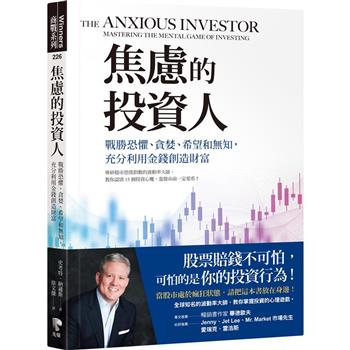Although sociology is present as a discipline or as a social practice in most countries in the world, its future as a not-only Western social science has hardly been addressed before. In this book, a team of interdisciplinary scholars have been working together not so much to offer one single response to the question than to raise important issues at stake for the future of sociology. Is it universal? Can it be indigenous? How is it possible - and is it even desirable - to write its history differently so as to know better about its early world diffusion and gradual Westernization? Do we need to expand or change its canon?
This collection brings together essays that are all engaged in international discussions concerning the universality of sociology, or more precisely the epistemological and theoretical conditions of this universality. The postcolonial and decolonial critiques of the Eurocentrism of sociology are the basis for a reflection on how to continue to do sociology in a non-hegemonic way. That is, sociological ways of describing reality - including the history of sociology and its canon - that are not limited by Western-centrism or other nationalist or religious hegemonies.












